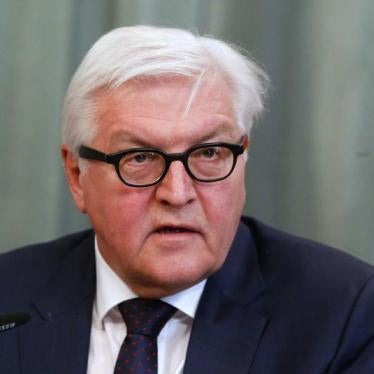Zentralasien: Nach dem Besuch der deutschen Auβenministerin gibt es noch viel zu tun
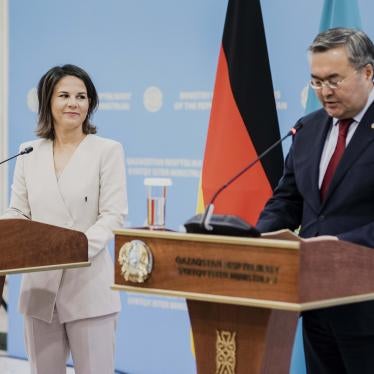
Mai 13, 2025
Heute jährt sich das Massaker von Andijan in Usbekistan zum zwanzigsten Mal. Zusammen mit den Überlebenden erinnern wir uns an die Opfer - und an die Tatenlosigkeit der internationalen Gemeinschaft in den darauffolgenden Jahren.
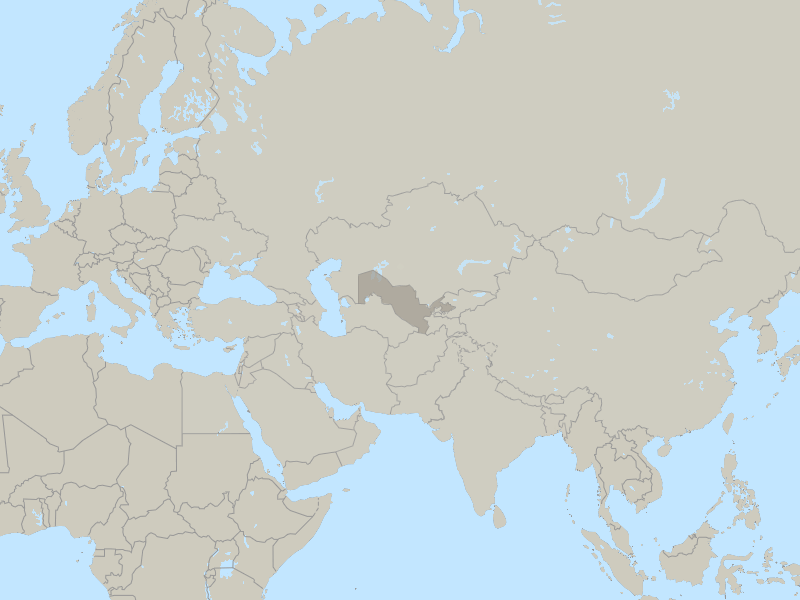

September 12, 2024

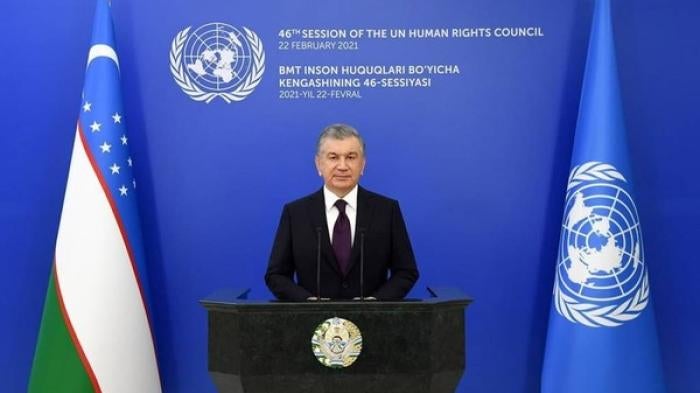

Nachhaltige Unterstützung für zurückgeführte Kinder bereitstellen
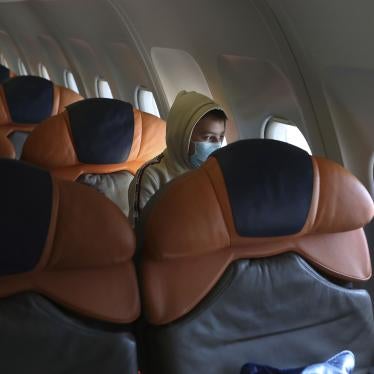
Präsident sollte Folter-Untersuchungen sofort verbieten
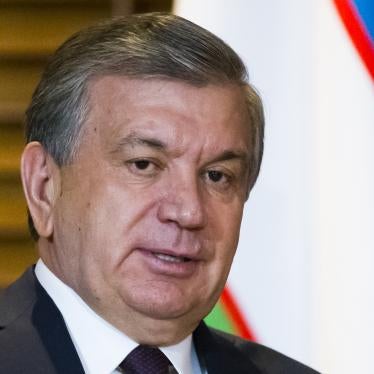
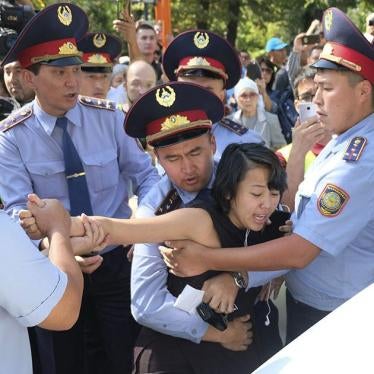
Menschenrechte bei Besuch stärken
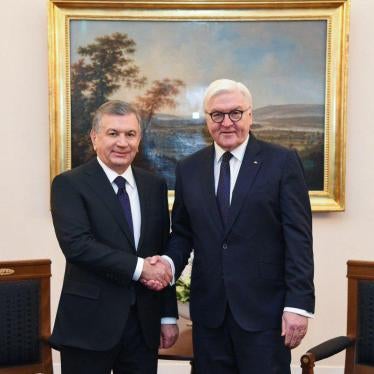
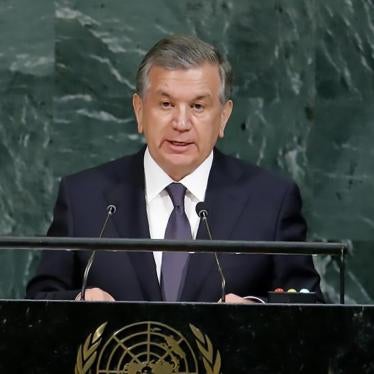
Baumwoll-Sektor von systematischen Menschenrechtsverletzungen geprägt
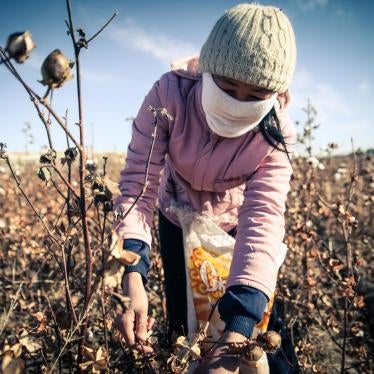
Sein Vermächtnis ist ein Vierteljahrhundert gnadenloser Unterdrückung

